Lindsay Richardson and Jamie Pashagumskum
APTN News
Despite the Liberal government’s promises to make restitution for historical wrongdoings against Indigenous children, Prime Minister Justin Trudeau “jumped the gun” by issuing an eleventh-hour appeal to stop a compensation order handed down by the Canadian Human Rights Tribunal in September, according to arguments presented in Federal Court on Monday.
The first of the contentious two-day hearings held in Ottawa resulted in head-to-head arguments between Crown representatives and Indigenous child welfare advocates.
In September, the Canadian Human Rights Tribunal ordered the federal government pay restitution for children taken from homes on reserve and put into care of the state, eligibility criteria that could ultimately mean billions of dollars in payout.
However, shortly before the 30-day deadline to appeal, the Liberal government filed for a judicial review.
Before getting to the judicial review, the parties are arguing whether the tribunal’s compensation order should be set aside.
Trudeau said this action was taken because taking on the task with the tribunal in the middle of an election campaign would be near impossible.
In the presence of Justice Paul Flavel, Cree from Poundmaker First Nation, representatives from the First Nations Child and Family Caring Society (FNCFCS), Assembly of First Nations (AFN) Nishnawbe Aski Nation (NAN), and the Chiefs of Ontario sat among stacks of legal documents.
“I don’t think there’s enough paper in this case,” one barrister said jokingly while looking for an extra copy of a particularly hefty file.
Cindy Blackstock’s Spirit Bear – an honorary ‘Bearrister’ in Federal Court – also sat on a lawyer’s desk with an assortment of other unflinching, glassy-eyed stuffed bears serving as silent representatives for the thousands of Indigenous children who still experience inequities in government care.
(Federal lawyer Rob Frater, right, says the government is concerned some children may be left out of the tribunal’s compensation order, something other lawyers balked at.)
In opening statements made on behalf of the Crown, lawyer Rob Frater outlined the government’s position, conceding that while there was a timing issue, there are also concerns about the ruling being exclusionary – excluding children apprehended before the dates outlined by the tribunal.
Compensating these children based on the tribunal’s order alone, he says, would do “irreparable harm” to the judicial system.
According to Frater, the Attorney General finds the compensation offer is “expansive and expanding,” and was handed down without hearing submissions directly from the implicated parties; the 40,000 to 80,000 children who were made wards of the state between 2006 and 2017.
A landmark human rights ruling in January 2016 found that Indigenous children in care had faced “one of the worst possible cases” of racial discrimination, warranting “the maximum awards” and ordering the government to make immediate changes in procedure.
At the time, it was found that Canada discriminates against Indigenous children and continues to perpetuate suffering based on the design and management of on-reserve child welfare services.
(Indigenous Services Minister Marc Miller, right, co-issued a release with Justice Minister David Lametti Monday just before the hearings started.)
While admitting it would be “odd” to go back to the tribunal and ask them to adjust their ruling, Crown representatives argued that discrimination in the child welfare system “ended” when the Federal government addressed the under funding with a cash injection of $21.4 billion towards Indigenous housing, education, healthcare, infrastructure, and clean water.
In a co-authored statement issued Monday morning just before the start of the proceedings, federal Justice Minister David Lametti and newly appointed Minister of Indigenous Services Marc Miller, said the parties have achieved some progress, and that the government is “committed to seeking a comprehensive settlement on compensation that will ensure long-term benefits for individuals and families and enable community healing.”
“We want to clearly state that Canada agrees it must fairly and equitably compensate First Nations children who have been negatively impacted by child and family policies,” the statement reads. “What we must do is seek an approach that will provide a fair and equitable resolution.”
The statement also seemed to suggest the route the federal government would rather take than following the tribunal’s orders.
It outlined the progress made in a $3 billion class action launched against Canada on the issue of First Nations child welfare.
“We will work with plaintiff’s counsel with the goal of moving forward with certification of the Xavier Moushoom and Jeremy Meawasige v. The Attorney General of Canada class action. This case seeks compensation for First Nations children who suffered as a result of under funding of child and family services, and as a result of awaiting services under Jordan’s Principle,” according to the statement.
“The class action model is designed to give individuals the chance to have their interests represented, to address the interests of all impacted individuals and to allow parties to arrive at an appropriate resolution of past harms.”
(Cindy Blackstock in a scrum during a break in the federal court hearings. ‘What Canada has chosen to do is nothing,’ she told reporters.)
APTN News previously reported that Blackstock, executive director of the First Nation Child and Family Caring Society, was approached by a government lawyer in April to see if she’d consider joining her human rights case with the class action.
Blackstock said she’d agree on the condition the Trudeau government did one thing: Don’t fight certification of the class-action case as a sign of good faith.
She never heard back from the lawyer.
The compensation tribunal ruling, Frater argued, is nothing more than the imposition of a “class action settlement by another name,” something not typically in the tribunal’s jurisdiction.
The tribunal awarded each child who was taken from their parents for reasons other than sexual, emotional or physical abuse $20,000. Some parents and guardians may also be eligible. The human rights act allows the tribunal to award an extra $20,000 if it finds the discrimination was willful and reckless, which in this case, it did.
But compensation for residential school survivors, Frater explained, was not also offered to the child’s parents or grandparents, as it is in this case.
“This was a complaint about systemic under funding,” he said. “When you make a systemic complaint, you get a systemic remedy.”
“We say this remedy is inconsistent with the claim,” Frater said, adding that a stay in proceedings is requested in “the public interest,” because of the billions of dollars that could be paid out.
(NAN lawyer Julian Falconer in a scrum with reporters outside the federal court.)
But lawyers speaking in the interest of First Nations children say they don’t buy the government’s arguments.
“They are not here for a motion to stay because they’re worried about who the tribunal left out – that isn’t the problem,” explained Julian Falconer, a lawyer representing NAN.
“They don’t want this tribunal to grant compensation. End of story. That’s what the fight is about,” he added.
Falconer called Frater’s statement “disingenuous,” stating that just yesterday Frater had urged the tribunal to quash the compensation order altogether.
However, the “logical process,” according to lawyers representing the FNCFCS would be to uphold the tribunal’s decision to compensate in the interest of “judicial economy” – streamlining the process while also avoiding future court challenges that will delay payout for the children and families involved.
The Attorney General’s arguments are “not in the best interest of the children,” said counsellor Barbara McIsaac, speaking on behalf of the FNCFCS.
“If we wait for perfection we’ll be here again, and again, and again,” she explained.
To counter a seemingly endless scourge of related court cases, the FNCFCS asked for an abeyance – a temporary suspension of proceedings while the concerned parties confer and attempt to reach a conclusion that is mutually beneficial.
The hope, according to the Caring Society’s legal team, is to shorten the process, inform the implementation of compensation and ensure that when these matters return they can act expeditiously .
“The logical way to proceed is to allow the commission to continue this review, to stay the proceeding until the entire compensation package is ready,” said family lawyer Sarah Clarke.
“We should leave no stone unturned,” she added.
Ontario Chiefs, for their part, endorsed this proposal for an abeyance, saying a streamlined approach is the best way forward.
Blackstock, who lodged an initial complaint along with the AFN in 2007, issued a reminder that there is a human impact when prolonging judicial proceedings.
“What Canada has chosen to do is nothing,” Blackstock told reporters. “It is paying nothing – all it wants to do, it feels like to me, is kick the compensation can down the stream, and that’s not a service to kids.”
“What’s simpler for the children is for them to receive that payment so they can go to university. What’s simpler for the families is that they receive that payment so that their kids can finally have a decent Christmas; that they can provide groceries for their kids. That they can do some things to get their kids the help and support they need,” she added.
Blackstock talked about Maurina Beadle – one of the moms who successfully litigated against Canada to get her son access to much-needed services who passed away without seeing a satisfactory resolution.
All she ever wanted was enough money to buy a functioning car to soothe her ailing son, Jeremy Meawasige, who is now part of the $3 billion class action.
“This young man has such high special needs; the one thing that would comfort him is taking a ride in a car and listening to music,” Blackstock explained.
“Now Maurina never lived long enough to see her son get that. Or even to be assured that the family would have enough to ensure for his lifelong care.”
Speaking on behalf of the AFN, lawyer Stuart Wuttke said that as it stands, Canada’s only legal obligation is “to have discussions” about an appropriate compensation scheme and report back to the Tribunal.
According to Wuttke, by refusing to deliberate on the matter, Canada is once again defaulting to its “flawed colonialist system.”
“It’s not like [these children] are approaching the Federal government and demanding the money,” he said.
“It’s almost like saying to these children ‘you need to earn your suffering.’”
(‘We’ve always been waiting for something that’s tangible that we can have for the children,’ says NAN Deputy Grand Chief Walter Naveau.)
Walter Naveau, deputy grand chief of the Nishnawbe Aski Nation, plainly said that the children have suffered enough under a government that says it favours and prioritizes its relationships with Indigenous peoples.
“Upon hearing those words, it was like a slap across the face. You can say one thing and do another thing,” he said. “Our children, they don’t have a voice here, but in one tiny room we can make a decision that’s going to affect mass numbers of people.”
“We’ve always been waiting for something that’s tangible that we can have for the children,” he said. “We don’t come here as beggars; we come to have something so that our children can have a future.”
“Nothing is stopping [the Federal government] from also doing a class action in a ‘value added’ scenario,” Blackstock said. “But what it’s choosing to do is nothing.”
The Crown will present its rebuttal and closing arguments on Tuesday.
-with files from Kenneth Jackson



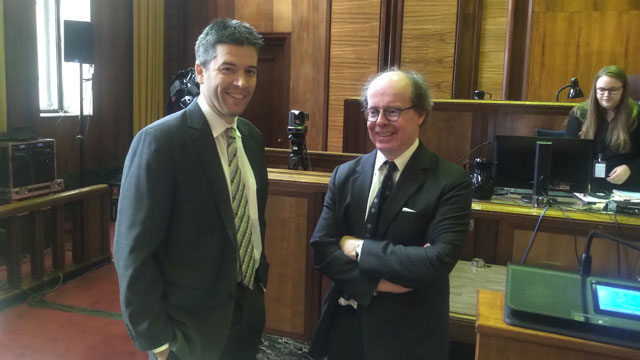

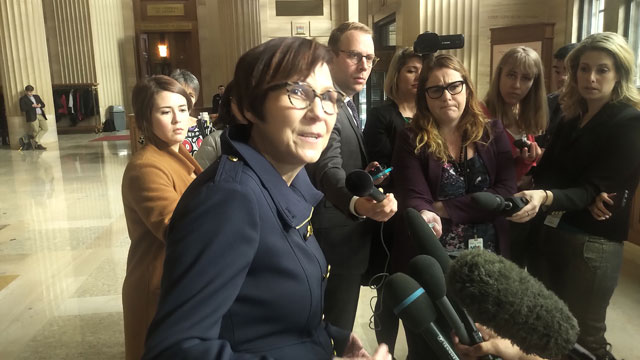
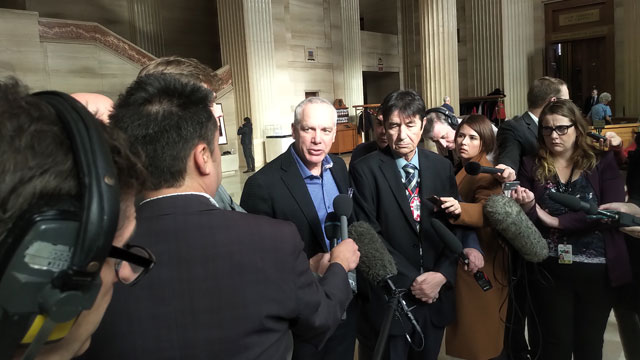
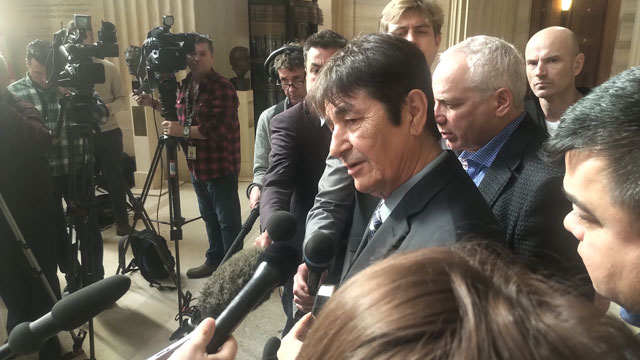

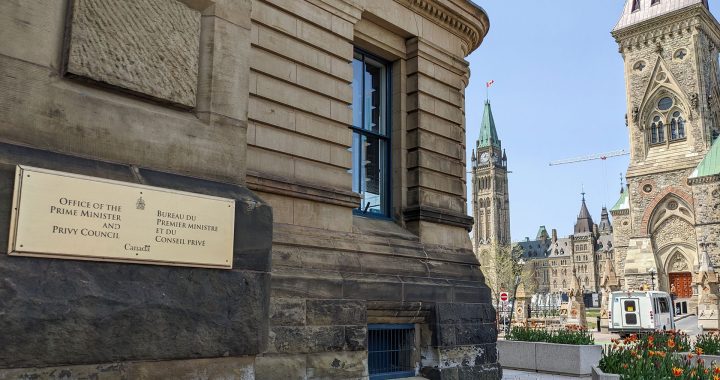
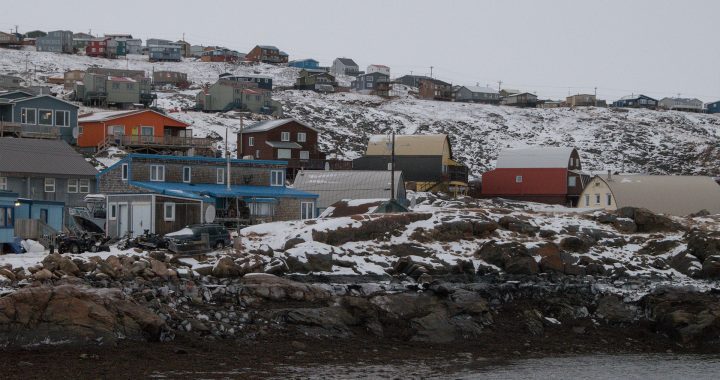
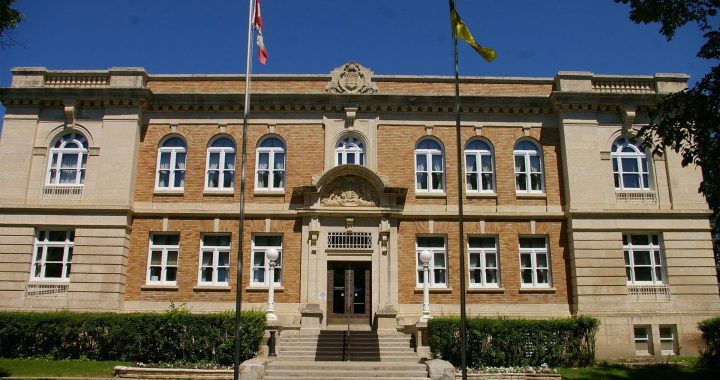
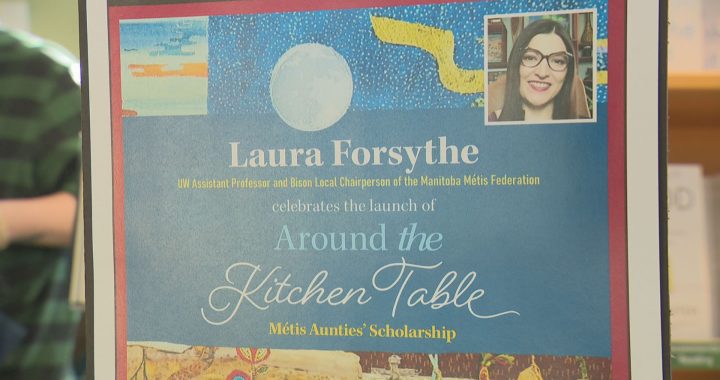


I am so f-ing tired of endlessly paying for the government’s mistakes, if a private company did stuff like this or Phoenix they’d be gone, but the government can just keep screwing up without repercussions to themselves